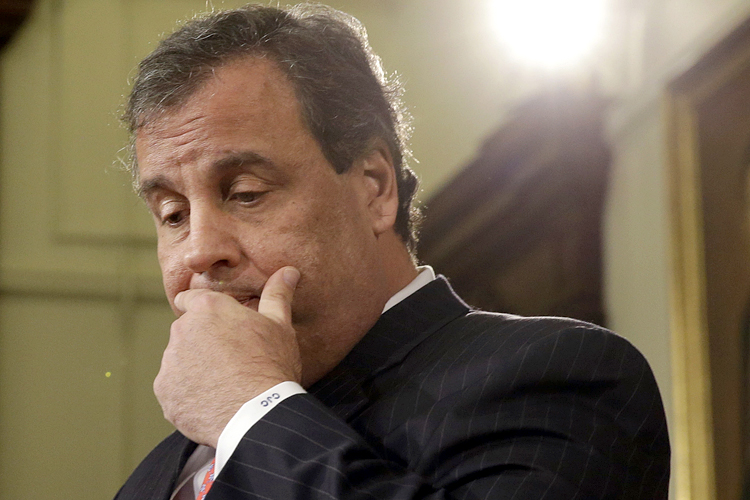Who could have thought a traffic snarl – no matter how bad – could escalate into a PR crisis that would threaten a presidential candidacy?
Of course, that’s speculative, but it reflects the hyperbolic, always-on nature of the coverage of New Jersey Governor Chris Christie’s possible involvement in “Bridgegate.” Pundits and adversaries have spent days dropping ominous questions like, “What did the governor know, and when did he know it?”
So how has Christie responded to the scandal? Did he succeed in calming the waters? Building bridges to political enemies? (insert metaphor of choice here.)
Those troubled waters really started swirling when emails came to light that show Christie’s now-ex deputy chief of staff ordered allies at the Port Authority to close traffic lanes leading to the GW bridge to punish the Democratic mayor of Fort Lee because he declined to endorse Christie for reelection.
In a nearly two-hour press conference, Christie started strong, showing his trademark bluntness and making it clear he would answer every single media question, sparing no detail in recounting how he learned about the scandal. He apologized repeatedly to the people of New Jersey, while vehemently denying any prior knowledge of the traffic mess.
The Governor deserves points for taking 80 questions, and for showing patience and stamina. He also managed to channel his anger into the expression of regret rather than being defensive or dismissive. There were no mealy-mouthed platitudes here. He used words like “heartbroken” and “sick”, while reporting that he had fired those culpable without so much as a conversation. While maintaining he knew nothing of his aides’ actions, he accepted responsibility – in general, Trumanesque terms – for the traffic mess.
But Christie’s mea culpa fell short in other ways. First, he was very self-referential – spending too much time on his own embarrassment, anger, and damaged reputation. He also broke the infamous Richard Nixon (“I am not a crook!”) rule by denying a negative when proclaiming, “I am not a bully.” That, of course, suggests that he might be a bully, or reminds us that some people think so.
Most importantly, he avoided any responsibility or explanation for a culture where political power was used for retaliation by those closest to him, in a way that evidence suggests was almost routine. A good chief executive will close the loop by explaining what went wrong, taking the blame for a systemic failure, and showing how it might be fixed. The governor clearly hopes that the Fort Lee scandal will be seen as a freak occurrence, rather than a natural outgrowth of a petty, hyperpartisan, and, yes, bullying, culture.
The investigation will no doubt show what the Governor knew, if anything. But given his history, and the seniority of those involved in creating the fake traffic study, the apology may not be enough. For a larger-than-life guy like Chris Christie, true humility and transparency may simply be “a bridge too far.”
